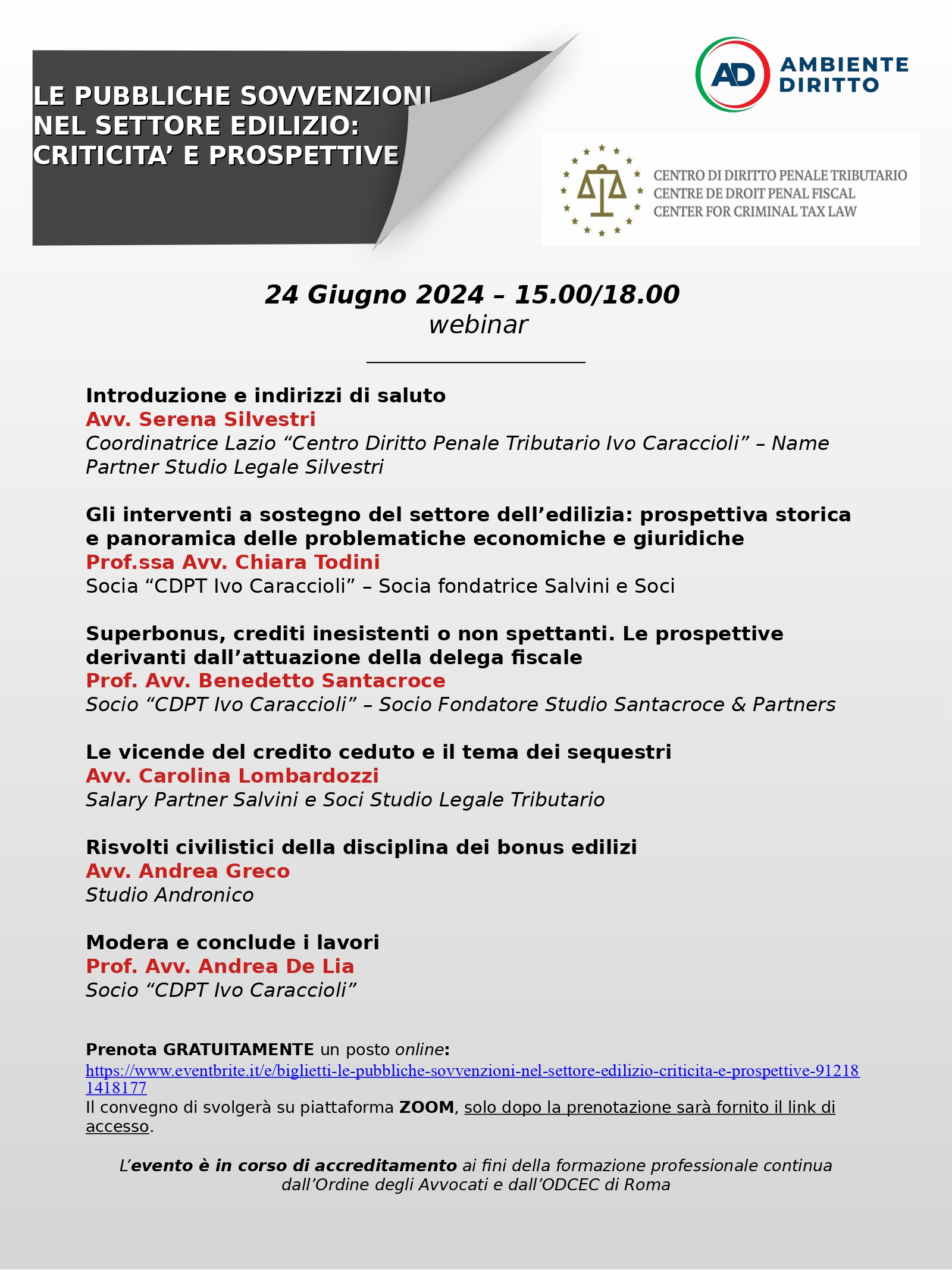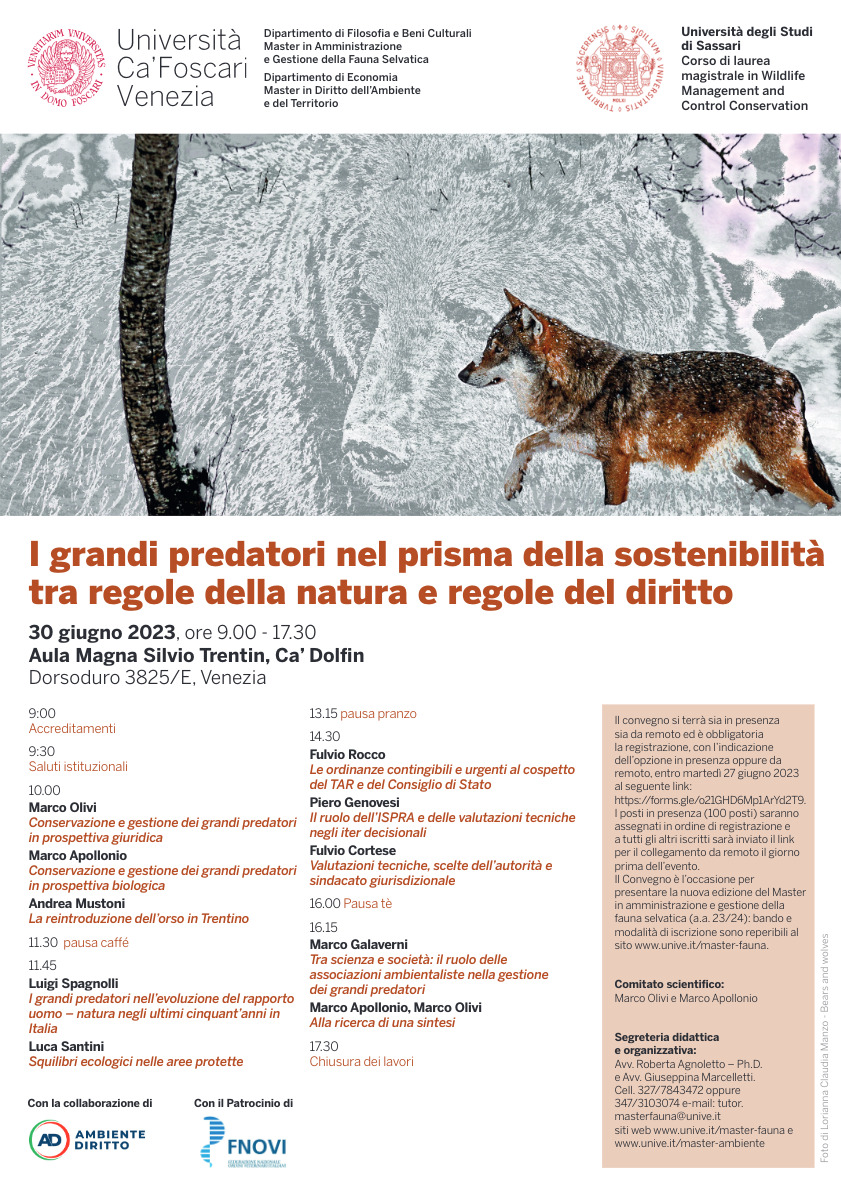Lessons Learned from Italian Environmental Cases before the two European Courts
______________ AMBIENTEDIRITTO ______________
ENVIRONMENT AND WASTE AS AN IRRECONCILABLE DICHOTOMY: Lessons Learned from Italian Environmental Cases before the two European Courts
L’AMBIENTE E I RIFIUTI COME DICOTOMIA INCONCILIABILE: insegnamenti tratti dalle cause ambientali italiane dinanzi ai due tribunali europei.
Ruggero Picone
Abstract: The present work aims at illustrating the main verdicts of the European Court of Justice which demonstrated Italian’s inability to accurately implement the European legislation on waste issued in the environmental field. After an introduction that mainly lays on the significance of the notion, in an empiric sense, of “environment”, outlining the main objectives of the present study, the first part of the work deals with the evolution of this concept in juridical terms. The second one instead focuses on the regulations issued in the environmental field, underlying the process of development of this branch of law with particular regard to the international level. Before deepening into the real core of the script, that analyzes the context in which the Italian Republic has been held responsible, on the European level, for several failures in the field of waste management, recovery and disposal, the work describes the process of developing a protecting system within the frame of the European Community. The script finally ends by mentioning a recent case that, after more than three decades of censures, still leaves some shadows on this thematic.
Sintesi: Il presente lavoro mira ad illustrare le principali sentenze della Corte di Giustizia dell’Unione Europea che testimoniano l’incapacità della Repubblica Italiana di applicare accuratamente la legislazione Europea sui rifiuti emessa in ambito ambientale. Dopo un’introduzione che si concentra principalmente sul significato, in senso empirico, del termine “ambiente”, evidenziando i principali obiettivi del presente studio, la prima parte del lavoro tratta dell’evoluzione di tale concetto in termini giuridici. La seconda invece ha ad oggetto la legislazione emanata in campo ambientale, sottolineando il processo di sviluppo di questa branca del diritto con particolare attenzione al profilo internazionale. Prima di approfondire la parte centrale dello scritto, che analizza il contesto in cui la Repubblica italiana è stata ritenuta responsabile, a livello comunitario, di diversi inadempimenti inerenti, rispettivamente, alla gestione, al recupero e alla eliminazione dei rifiuti, il lavoro descrive il processo che ha portato allo sviluppo di un sistema di protezione in tale ambito all’interno dell’ Unione Europea. Lo scritto si conclude con la menzione di una recente sentenza che, dopo più di trent’anni di censure ricevute dall’Italia, lascia ancora diverse ombre sul tema.
Overview. 1. Introductory remarks. 2. Linking law and the environment: from a descriptive to a functional approach. 3. Juridical concept of the environment – unity or diversity of factors in the rulings of the Italian courts and in comparative law. 4. The establishment of environmental and waste law at the international level: the international background. 5. The consequences of the disasters that “opened the world’s eyes”. 6. The development of environmental and waste law in the framework of the European Union: the causes that favored the blossoming of the EU environmental regulations. 7. The current EU legal framework on environmental protection. 8. The protection of the environment within the EU Charter of fundamental rights. 9. Regulation of waste at the level of EU law. 10. The Italian defaults in complying with European environmental legislation in the field of waste: the procedures before the CJEU with particular regard to art. 260 TFEU. 11. A deeper glance to the cases. 12. The waste catastrophe faced by the region of Campania. 13. The Italian violations on waste reach the ECtHR. 14. Differences between the two Courts’ approaches to handling the same factual situation. 15. A second – and heavier – condemn for Italy ex art. 260 TFEU. 16. History repeats itself: two earlier verdicts that should have guided the Italian behaviors regarding waste management. 17. Concluding notes.
Scarica allegato





 AMBIENTEDIRITTO.IT EDITORE
AMBIENTEDIRITTO.IT EDITORE